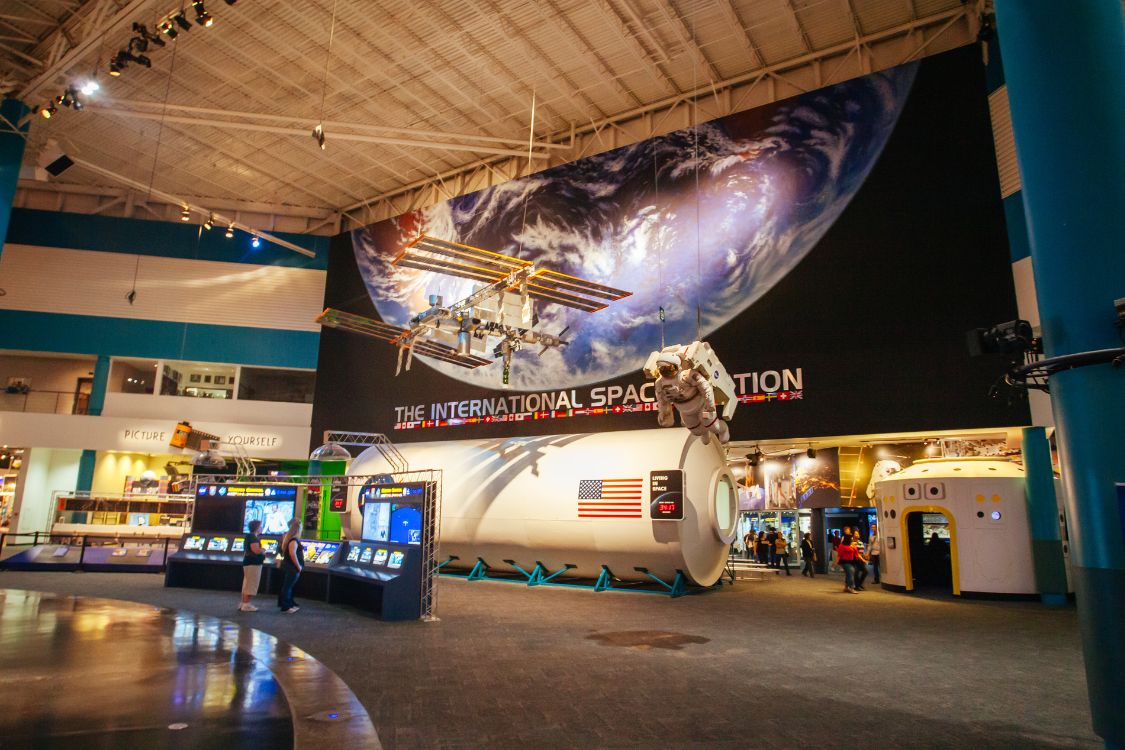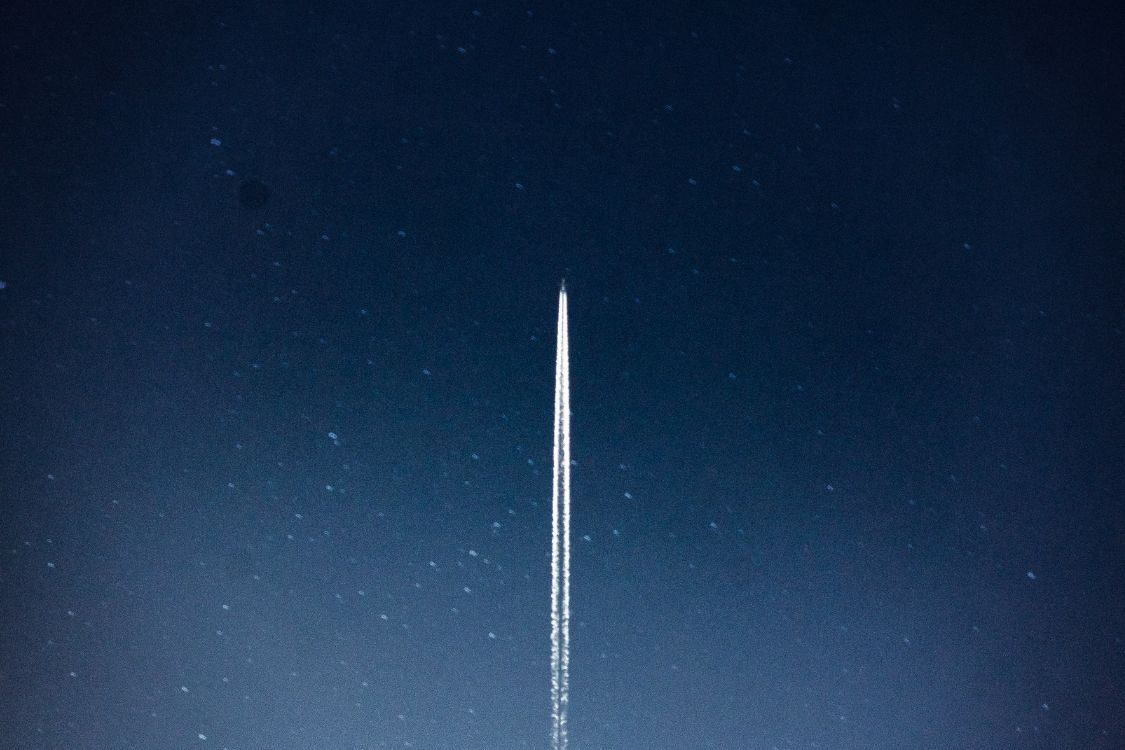Commercial passenger space flights are just around the corner. There was a time when pace tours were never considered possible—until now. SpaceX, Blue Origin, Boeing, and Virgin Galactic are some of the most renowned companies that deal with Space directly. Now, they pay individuals to hop on and enjoy the outer-space experience first-hand.
The price tag of these space tours is even more startling. Suborbital flights by Virgin Galactic cost about $450,000 per seat, and a roundtrip to the International Space Station (ISS) with SpaceX costs a comparatively small $12 million. Stays at the Galactic Suite will be even more expensive. You can expect to pay $45 million to stay in this luxury space hotel.
So far, more than 700 persons, primarily made up of billionaires and celebrities, have signed up for spacecraft trips. But all in all, who takes the blame if something ‘bad’ happens? Who accepts liability for it? What about the risks? Have there been previous such cases? Could you even sue them for it? And what sort of damages can embark? A bit too many questions seeking immediate attention; let’s discuss each one by one:
Space Tourism: Who Would Be Liable?
We know monetized space travel is becoming a booming industry, cashing top dollar from tourists willing to spend a few days in Space. Of course, these space tour agencies would love to grow their business this way. But a simple question arises in each tourist’s mind: what if something goes wrong?
Now, that’s something no space travel company wants to talk about. The 1967 Outer Space Treaty explicitly states that responsibilities for space objects are limited to the launching state in absolute liability, but what falls under “Launching States” concerning privacy-sector groups is still debatable—adding to that, in 2015, a Russian Soyuz rocket aborted launch seconds before liftoff due to the malpractice of fuel line leakage. The damage exceeded $44 million. Such celestial near-misses—but who pays for them? Another question that requires clarification is, whose laws are applicable if a space tourism accident involves international airspace?
The legal issues hold an air of complexity and uncertainty. Space Law is still in a state of development, and it’s evolving with time—yet the rules and regulations vary from country to country. For instance, you could face problems or disputes over your rights and responsibilities as a space tourist. For example, you may be required to apply for a visa or authorization document before entering or leaving that jurisdiction, and there can even be damage liability. The difficulty of this legal puzzle and Space Law, in the light of UNOOSA, may well provoke time-consuming, convoluted battles over jurisdiction.
These problems should be avoided or solved beforehand by consulting a lawyer or someone well-versed in space law. But you ought also to know the conditions of service and


What are the Risks of Space Tours?
Whenever a person indulges in an activity, good or bad, it’s a human instinct to question the risks and consequences that come with it. Space tours, in particular, are thrilling, adventure-filled rides indeed but just as risky. There are even risks associated with driving on a highway or swimming in a pool. A lot of things can come into consideration, such as medical issues, the potential for technical failures, and psychological challenges.
Medical Issues
Space tours are different from your casual tours. Many medical complications can arise mid-tour—even worse if the staff isn’t medically prepared for a rare condition. Microgravity and radiation negatively affect the human body, a clear medical complication of space tours. Microgravity can lead to bone loss, muscle atrophy, fluid shifts, and even vision problems. Radiation exposure may cause cancer and damage to one’s genetic mutation.
We can minimize these side effects by having a thorough physical examination before and after the flight, rigorous exercise and dieting, and wearing protective garments. It would help if you told your doctor about any medical problems or medication that could be affected while in Space. It would be better if you signed up for a quick medical checkup before departure so that there’s less risk.
Probability of Technical Failures
The most likely risk, and the most devastating of all, is a technical failure in your spacecraft. Imagine being hundreds of thousands of miles away from the Earth, in the black abyss of outer Space—and there’s a technical failure in your tourist spacecraft. Increasingly terrifying.
The main risk of space tourism is that the spaceship or launching and landing systems could malfunction. These may lead to aborts, delays, accidents, or even death. The only way to keep such an outcome from happening is to keep an eye on the following:
1. Check that the spacecraft and its support facilities are designed, tested, and approved by all means of assessments as highly as possible regarding reliability or safety.
2. You should also understand how the vehicle and operator handle an emergency and their backup systems.
3. You should also inquire into the track record and reputation of the company providing service and that of the crew flying with you.
Previous Cases to Take Lessons From
Some unfortunate cases like the Russian Soyuz Abort had been reported that very well can be seen as examples to think again about a tour in Space, such as:
Blue Origin NS-21: Engine Anomaly and Abort (2022)
Shortly after liftoff, the capsule for Blue Origin’s suborbital flight suffered an engine anomaly and triggered an automatic abort valve that safely separated it from the rocket. No passengers were hurt, but this disaster involved several technical questions concerning future airplane engines’ safety features and legal liabilities.
SpaceShipTwo Unity Flight 22.2: Ground Incident (2023)
Only recently, the SpaceShipTwo Unity of Virgin Galactic had a ground accident during pre-flight tests and injured one technician. As preliminary investigations continue to learn the cause and extent of injuries, it tempts us to ask whether there are also safety risks during flight preparation on the ground.
Some Famous Cases of Space Tours
Here are a few famous cases related to Space Tourism:
Close Call for Kelly
In 2015, American astronaut Scott Kelly and Russian cosmonaut Mikhail Kornienko had to make an emergency landing when a Soyuz capsule failed, reminding us that even space-savvy people are not necessarily immune to danger.
Virgin’s Fatal Flight
In 2014, Richard Branson’s Virgin Galactic suffered a fatal accident when its SpaceShipTwo test crashed. This sharply highlighted safety and liability issues in the growing space tourism industry.


If Things Go Out of Control on a Space Tour, Could You Sue?
Whether you could sue if things go out of control on a space tour depends on a complex web of factors, such as the nature of the incident. In case of a technical malfunction, pilot error, or medical conditions, space tourism companies might or might not be held responsible for such cases.
Aside from that, the jurisdiction matters a lot. In international airspace, the relevant legal frameworks must be more consistent and clear, and lawsuits are massively complex. But the national laws and regulations are applicable, with more apparent legal channels. Several space tourism contracts seek to reduce liability and eliminate rights for legal action. You must read these clauses carefully and negotiate with the other party accordingly.
After these, evidence and proof are needed, which is complicated and costly. It is not always easy to prove negligence or fault in these cases. However, space tourism lawsuits often turn out to be long, expensive, and uncertain. The financial and emotional costs are harrowing for the tourist.
Therefore, it may be possible in some cases to sue after an unfortunate space four, but the process is challenging. However, the risks, contracts, and legal environment may not always be in your favor.
Space Tourism: Potential Damages
In any tour, there’s danger lurking in every corner. This could happen—that could happen—and whatnot? The potential damages for recovery under a space tourism lawsuit can be anything from unthinkable to unbearable. The range of scenarios could run from minor injuries and ruined vacations to psychological trauma brought about by viewing a near-death experience. In the worst case, however, families might be forced to cope with unthinkable pain and pursue compensation for lives lost by those who touched the stars. Much like the recent incident of OceanGate Submersible, Titan, that resulted in the demise of 5 lives, leaving their families with life-long grief.



